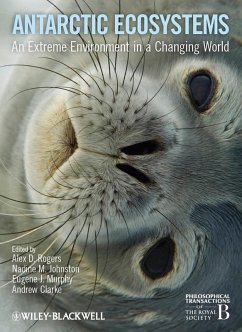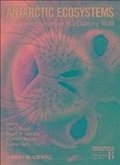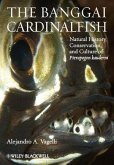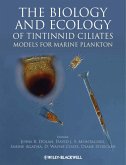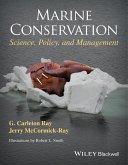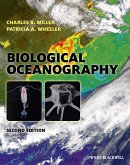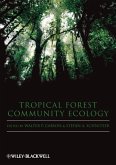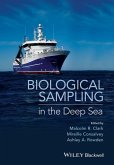Since its discovery Antarctica has held a deep fascination for biologists. Extreme environmental conditions, seasonality and isolation have lead to some of the most striking examples of natural selection and adaptation on Earth. Paradoxically, some of these adaptations may pose constraints on the ability of the Antarctic biota to respond to climate change. Parts of Antarctica are showing some of the largest changes in temperature and other environmental conditions in the world. In this volume, published in association with the Royal Society, leading polar scientists present a synthesis of the latest research on the biological systems in Antarctica, covering organisms from microbes to vertebrate higher predators. This book comes at a time when new technologies and approaches allow the implications of climate change and other direct human impacts on Antarctica to be viewed at a range of scales; across entire regions, whole ecosystems and down to the level of species and variation within their genomes. Chapters address both Antarctic terrestrial and marine ecosystems, and the scientific and management challenges of the future are explored.
Dieser Download kann aus rechtlichen Gründen nur mit Rechnungsadresse in A, B, BG, CY, CZ, D, DK, EW, E, FIN, F, GR, HR, H, IRL, I, LT, L, LR, M, NL, PL, P, R, S, SLO, SK ausgeliefert werden.

